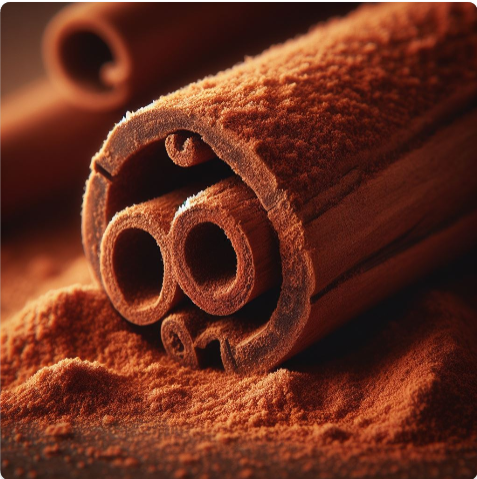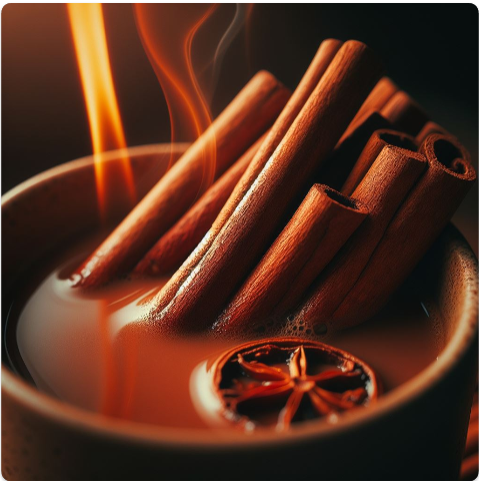Ceylon Cinnamon (True Cinnamon)
Ceylon cinnamon, or “true cinnamon,” is distinguished by its delicate, sweet flavor and light, fine quills, setting it apart from the more common Cassia cinnamon. Sourced from the Cinnamomum verum tree in Sri Lanka, this cinnamon variety is favored for its nuanced taste and aroma, making it ideal for refined culinary applications and enhancing beverages. Beyond its culinary appeal, Ceylon cinnamon offers significant health benefits, including antioxidant and anti-inflammatory properties, with a lower coumarin content than Cassia cinnamon, ensuring safer consumption. Its esteemed status is a testament to its superior quality, refined flavor, and health-promoting attributes, making it a valued spice in both kitchens and natural health practices.
Description
Ceylon cinnamon, known as “true cinnamon,” is a highly prized variety of cinnamon derived from the bark of the Cinnamomum verum tree, native to Sri Lanka (formerly known as Ceylon). Unlike its more common counterpart, Cassia cinnamon, Ceylon cinnamon is characterized by its delicate, sweet flavor with subtle hints of citrus. This type of cinnamon is made from the thin, inner bark of the tree, which is carefully harvested, dried, and rolled into tight quills that are softer and lighter in color than those of Cassia cinnamon. The flavor and aroma of Ceylon cinnamon are more refined and less pungent than those of Cassia, making it a preferred choice for culinary applications where a more nuanced spice profile is desired. It is particularly beloved in European and Mexican cuisines, used in baking, desserts, and spice mixes, and is also a popular addition to beverages such as hot cocoa, coffee, and tea for a subtle hint of warmth and sweetness. Beyond its culinary uses, Ceylon cinnamon is valued for its health benefits. It is rich in antioxidants and has been associated with anti-inflammatory properties, blood sugar regulation, and potential benefits in reducing the risk of heart disease. Notably, Ceylon cinnamon contains lower levels of coumarin, a compound found in higher concentrations in Cassia cinnamon, which can be harmful in large amounts, making Ceylon cinnamon a safer choice for regular consumption.













Reviews
There are no reviews yet.